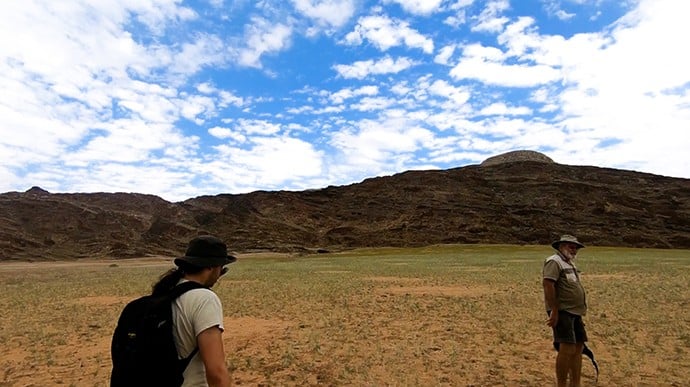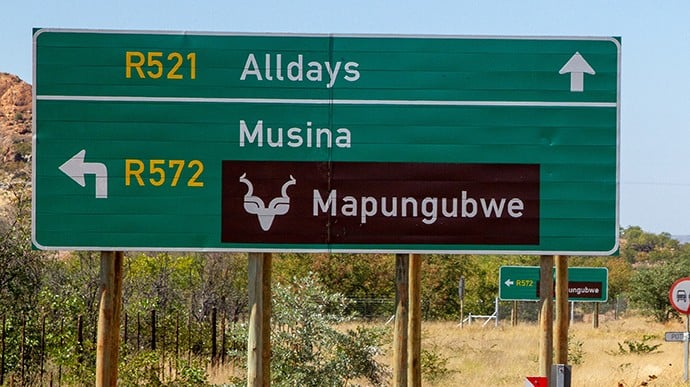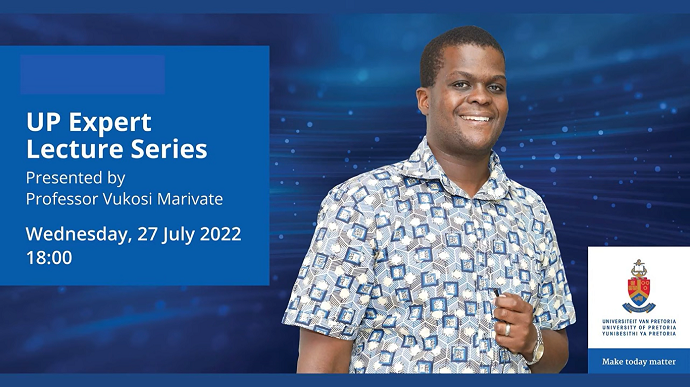 Web Series
Web Series
In this episode, we learn about a theory from researchers at the University of Pretoria that could explain 'fairy circles' in Namibia. The answer may be in a theory proposed by Prof Don Cowan. He explains more in this episode.
 Talking Point
Talking Point
Nearly 300 years ago the Swedish botanist Carl Linnaeus secured his place in scientific history when he created what’s known as the binomial system. The year was 1737 and, due to the large diversity of plants and animals collected by naturalist explorers in different parts of the world, Linnaeus saw the need to develop a logical system to classify and group this material in a systematic way.
 Talking Point
Talking Point
Mapungubwe is a world heritage site and national park located on the border between South Africa, Zimbabwe and Botswana. From about 1000 AD the settlement there developed into a major African state before being abandoned by the 1300s. Mapungubwe has been the subject of diverse scientific enquiry and archaeological research since the early 1930s.
 Stories
Stories
Welcome to the third issue of, RE.SEARCH. The first two issues looked at ‘Sustainability’ and ‘Innovation’. Issue 3 looks at how we can ‘Renew’ our ways of thinking and grow possibilities. This edition features research that should excite everyone from the Beyhive to forensic pathology enthusiasts to understanding new ways of work. It is now available online.
 Lecture
Lecture
Low-resourced languages pose an interesting challenge for machine learning algorithms, representation, data collection and accessibility of machine learning in general. For African languages this challenge is even more consequential as it also coincides with the challenges of shaping the current revolution in artificial intelligence with the global landscape. In this talk I present our research...
 Talking Point
Talking Point
Novels make worlds. They create an intuitive sense and mental image of a place. And the senses of space produced by fiction shape how readers see the world itself, just like maps do.
Copyright © University of Pretoria 2024. All rights reserved.
Get Social With Us
Download the UP Mobile App